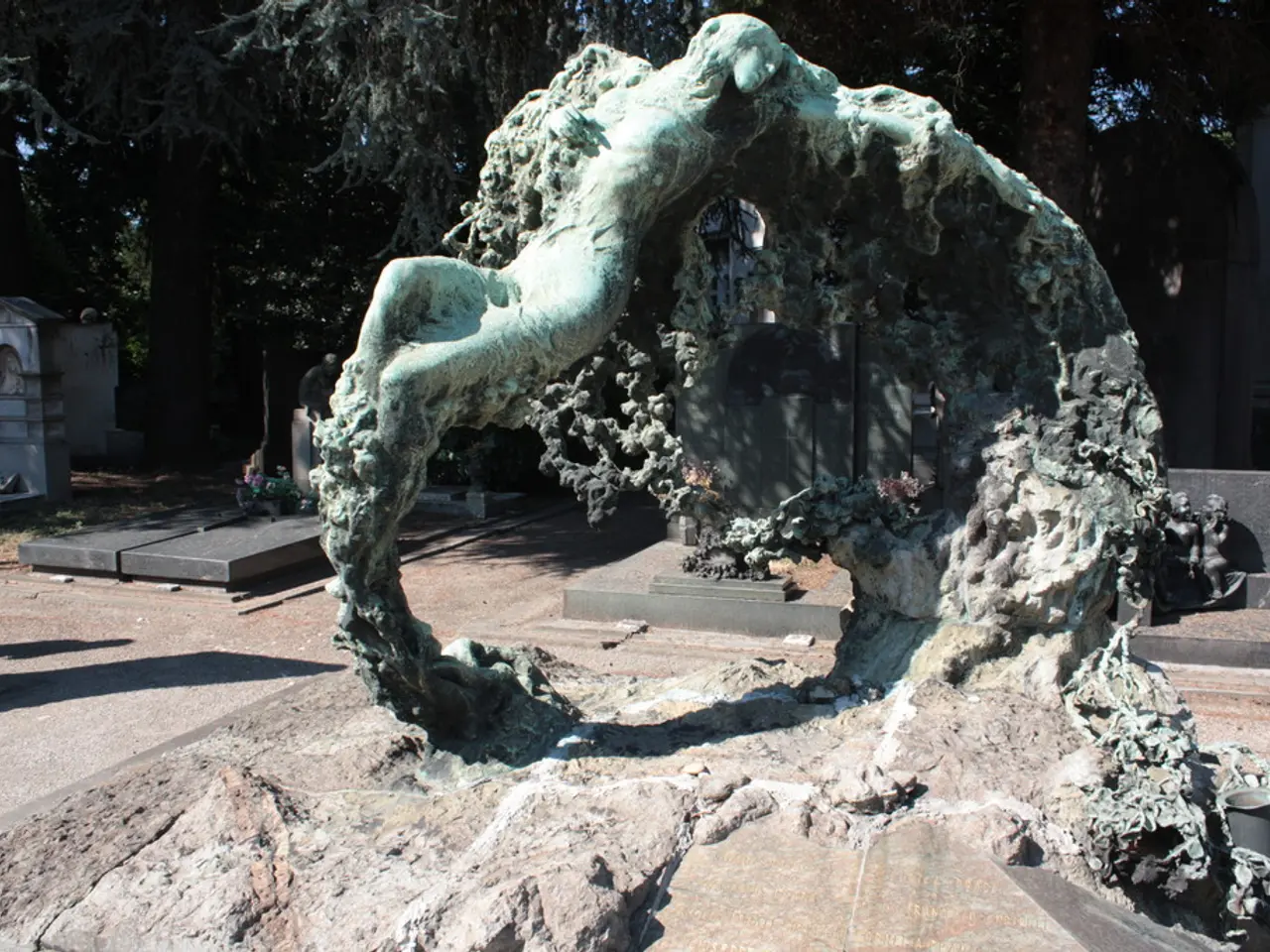Expense Breakdown when Transferring Property Ownership: A Look at the Financial Implications
In the realm of estate planning, costs can vary significantly depending on the size and complexity of the estate. Here's a breakdown of the general costs associated with estate planning in Ohio:
## Estate Planning Costs
1. **Trust Setup**: The DIY approach using online services can cost a few hundred dollars to set up a trust. Working with an attorney typically ranges between $1,000 and $4,000, depending on the trust's complexity and the individual's circumstances.
2. **Probate Costs**: Court filing fees can range from $100 to $300 for opening an estate, with specific costs for different types of probate cases. Attorney fees for estate administration can vary between $2,500 and $7,500. Executor fees generally range from 1% to 4% of the estate's value.
3. **Other Administrative Costs**: Appraisal costs can range from $250 to $500 per appraisal for real estate and personal property. Accounting fees and Surety Bonds vary based on the complexity and size of the estate.
4. **Estate Planning Attorneys**: Fees for preparing estate plan documents can vary from several hundred to a few thousand dollars, depending on the complexity of the estate.
Ohio does not have an estate tax or inheritance tax, but federal estate tax laws may apply to larger estates, with a federal estate tax exemption of $13.6 million in 2024.
## Considerations
- **Complexity**: Larger and more complex estates tend to incur higher costs. - **Legal Representation**: Hiring an attorney can ensure that all legal documents are prepared correctly, but this increases costs. - **Cost Minimization**: Proper planning and budgeting can help reduce overall costs. - Life insurance proceeds are included in estate tax calculations for federal estate taxes, unless 1) there is a beneficiary other than the deceased, and 2) the deceased did not own any interest in the policy. - Probate court fees range from $200 to $500. - Estate tax calculations for couples are compared in Tables 2-4, with assumptions such as after the death of the first spouse, the surviving spouse uses up assets at the inflation rate, attorney fees are increasingly based on an hourly basis instead of a percentage basis, the costs of dying are not included in the calculations, the spouses have equally sized estates, and the assets pass through probate rather than in another manner. - The unified credit or applicable exclusion amount can be used to offset federal gift or inheritance taxes. - For deaths prior to January 1, 2013, Ohio provided a credit of $13,900, which exempted approximately $338,334 from Ohio estate tax. - Administrative costs are paperwork costs to transfer property when someone dies. - Cremation is increasingly popular, and greatly reduces burial expenses. - Costs of dying include funeral expenses ($3,500-$10,000), a gravestone and cemetery plot ($1,000+), and medical costs ($1,000+). - The Tables in the fact sheet should not be used to estimate the costs of settling an individual's estate, as the examples are too simplistic.
In the context of estate planning, a farmer may consider setting up a trust to manage and transfer their agricultural assets, with the cost ranging between a few hundred dollars for DIY online services to thousands of dollars when working with an attorney, depending on the farm's complexity and the farmer's circumstances. A Farmer might also need to factor in finance-related costs such as probate fees, attorney fees for estate administration, appraisal costs for real estate and personal property, and estate tax calculations in the case of larger estates subject to federal estate tax laws.




